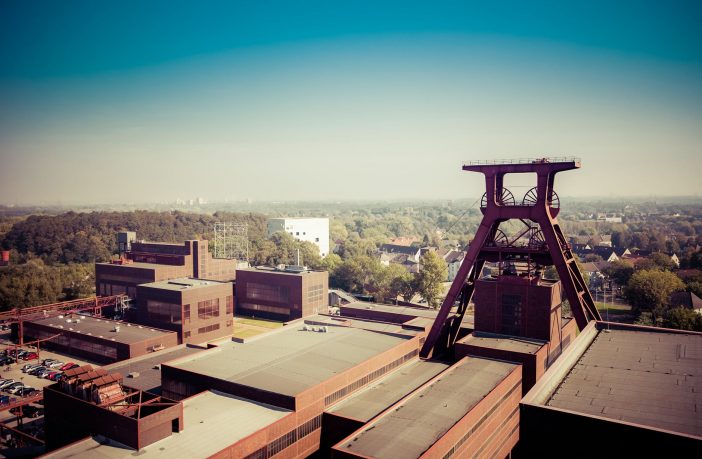- The Minerals Council South Africa welcomes the President’s announcement to increase the embedded generation threshold to 100MW.
“We are committed to work closely with the Department of Mineral Resources and Energy and Eskom, to ensure that from this excellent starting point we can rapidly bring to fruition at least 1.6GW, largely renewable and private-sector funded, embedded generation projects that are already being planned by mining companies,” the council communicated in a press statement.
“Our initial estimates are that this development could lead to additional short and medium-term investment by the industry solely in embedded generation projects of around R27 billion. This has the potential to raise South Africa’s overall growth rate.”
The council stressed that what is needed as a next step is to develop concrete plans to shorten the grid-tie licencing process with Eskom, and to expedite environmental authorisations without compromising their integrity.
They added that “this announcement is also a very positive step for Eskom. An increase in embedded generation capacity will supplement the existing national energy supply, and will give Eskom the space for more and proper maintenance to enable the utility to rebuild a reliable fleet of power stations capable of secure energy delivery to the South Africa in the medium and long term.”
Author: Bryan Groenendaal















